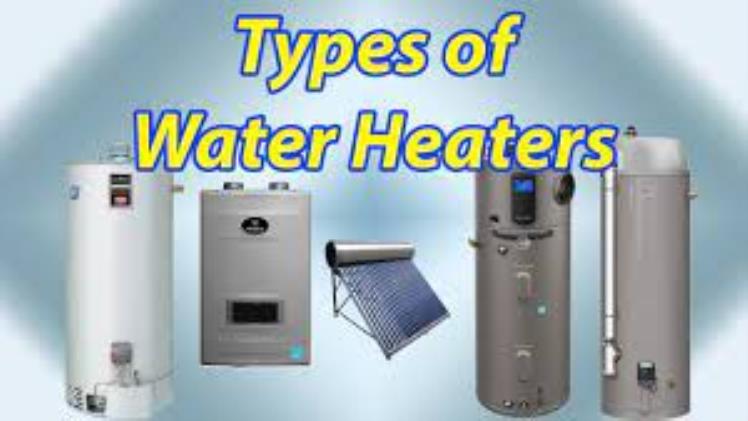Types of Water Heaters

A water heater is an appliance used to warm up water for use in households, such as the bathroom or kitchen. It takes cold water from a pipe and warms it up to a high temperature so you can use it for showering, washing, cooking and other tasks.
Water heaters come in a range of types; some use gas while others rely on electricity. Each has its own advantages and drawbacks; which one you select depends on your home and family needs, as well as your budget.
Energy efficient models are typically labeled with the Energy Star designation, which highlights their capacity to save energy. A high-efficiency unit can save more than half the amount of energy that standard units use when heating water, potentially cutting your monthly bill by a substantial amount.
Smart models that monitor and control the temperature of your water are also available. These can save energy by not using energy when no one is using it, such as when no one is home or asleep. Furthermore, these units send an alert if not enough heat is being produced by the unit.
Electric tankless water heaters are becoming more and more commonplace, particularly in apartment buildings and condominiums. These units tend to be smaller than traditional storage tank water heaters and can usually be mounted on the wall for added convenience.
They provide hot water faster than traditional storage tank water heaters and they are more energy-efficient. Therefore, these are an ideal choice for people who want to reduce utility bills and consider the environmental impact of their water heating system.
Instant demand tankless water heaters are becoming more and more popular due to their versatility in sizing. You can get one that provides enough hot water for a small family, or one that meets all of your building’s peak demands.
Tankless water heaters are not only an energy-saving choice, but they can also be used to earn LEED points. This makes them the perfect option for buildings aiming for certification since they reduce their carbon footprint.
Cost-Effective Fuels
Natural gas is the most common energy source for water heaters in America, as it’s cheaper than electricity and renewable. This fuel source offers several advantages over other options such as propane or butane, including being an environmentally friendly fuel.
Gas is more eco-friendly than electric, however it still burns fossil fuels and should be handled with caution. Installing solar panels or other renewable energy sources to offset some of the cost of running your water heater could be a wise decision to help offset some of its operation.
A home warranty plan may cover the cost of replacing your water heater if it breaks down. They typically apply to water heaters older than two years, though it’s essential that you understand what you are getting into before purchasing a plan.




